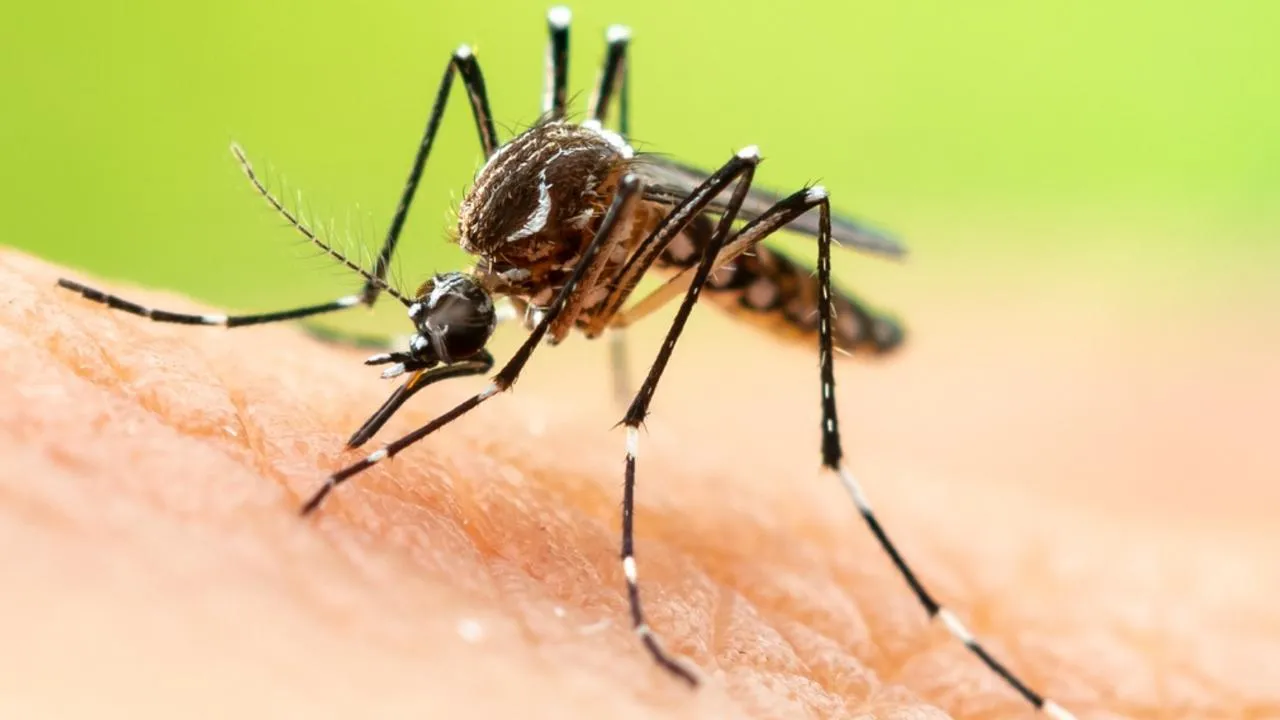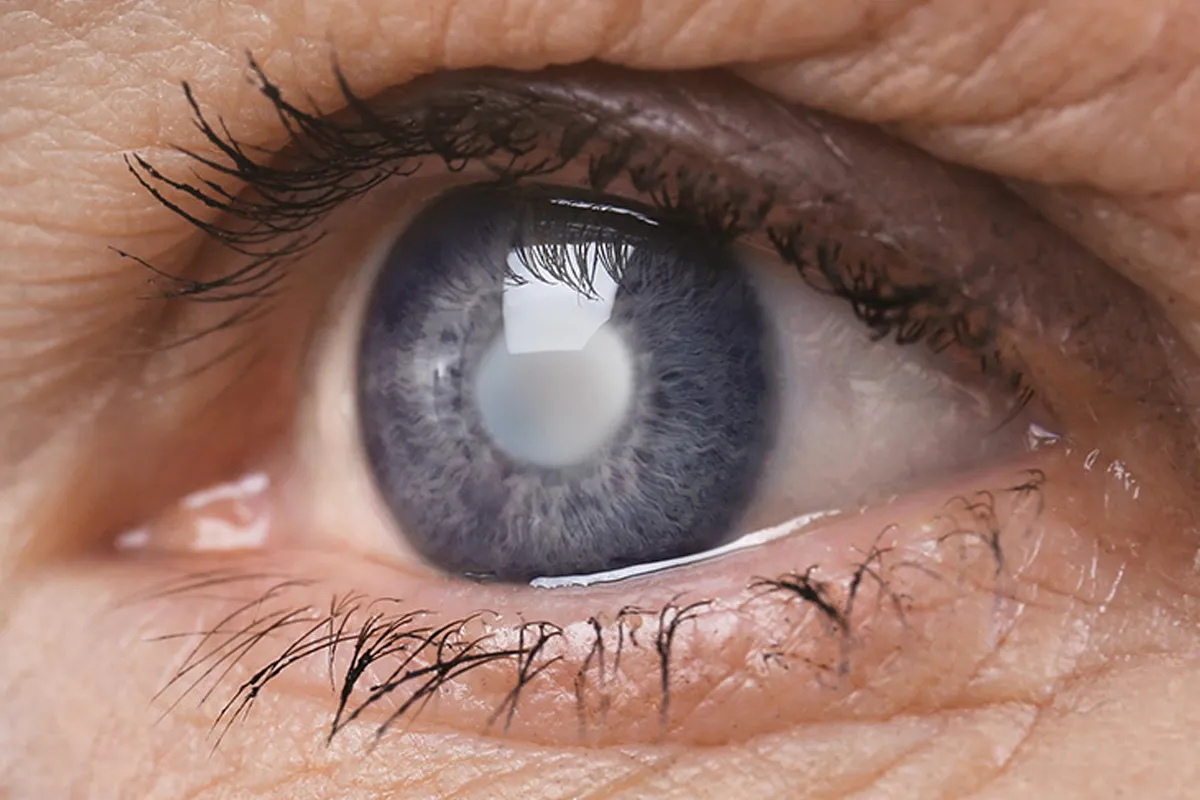A recent research has found that people who exercised more during the initial lockdown period of the COVID-19 pandemic experienced less anxiety and depression than those who didn’t exercise.
It also showed that people who spent more time outdoors typically experienced lower levels of anxiety and depression than those who stayed inside. The findings were published in the journal Preventive Medicine.
More than 20,000 people participated in the survey-based study from 6 regions served by Kaiser Permanente across the United States, which included Hawaii, Colorado, Georgia, and the mid-Atlantic states, as well as Southern and Northern California.
“What these study findings tell us is that even during an active pandemic or other public health crisis, people should be encouraged to be physically active to help maintain their physical and mental health,” said the study’s lead author Deborah Rohm Young, PhD, the director of the Division of Behavioral Research for the Kaiser Permanente Southern California Department of Research & Evaluation. “Parks and other nature areas should remain open during public health emergencies to encourage outdoor physical activity.”
In March 2020, COVID-19 developed into a pandemic. With no known treatment, public health officials attempted to reduce its spread by limiting human interactions through stay-at-home policies. Businesses temporarily closed or changed their practices to prevent the spread of the virus, affecting the economy and many people’s jobs. These stressful factors, along with fewer opportunities to socialize with friends and family, increased symptoms of depression and anxiety for many people.
Since it is known that physical activity and time spent in nature are associated with improved mental health, researchers at Kaiser Permanente in Southern California sought to determine how exercise and time outdoors were associated with people’s mental health during the height of the pandemic.
In April 2020, researchers sent a series of COVID-19 surveys to more than 250,000 participants in the Kaiser Permanente Research Bank — a collection of lifestyle surveys, electronic health record data, and biospecimens, which Kaiser Permanente members volunteered. People who reported COVID-19 symptoms were not included in this analysis, resulting in 20,012 respondents. They each completed at least 4 surveys between April and July 2020.
White women older than 50 accounted for a high proportion of the respondents. Most respondents said they were retired and generally adhered to the “safer-at-home” orders during the period of the survey. The study found that reports of anxiety and depression decreased over time. Anxiety and depression scores were higher for females and younger people, and lower for Asian and Black people compared with white respondents. Participants who reported no physical activity reported the highest depression and anxiety compared to people who had exercised. Spending less time outdoors was associated with higher depression and anxiety scores.























